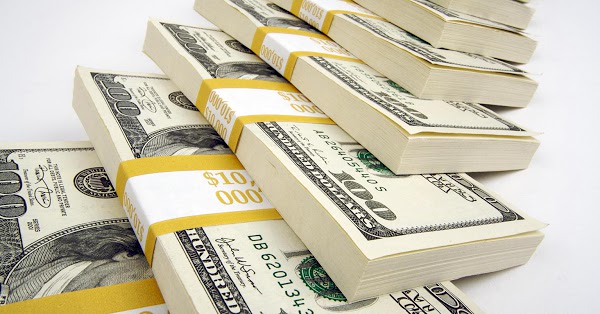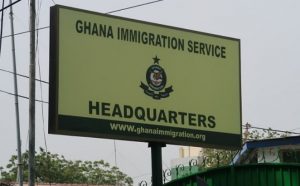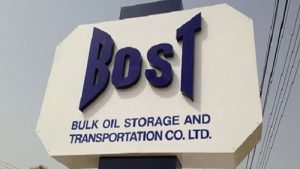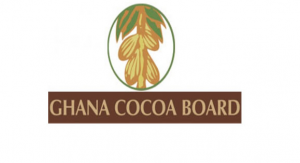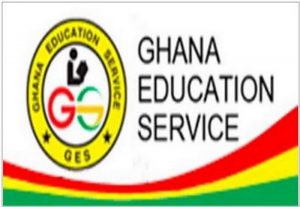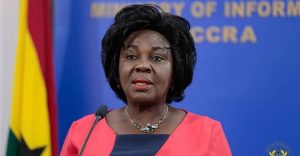The Minister of Lands and Natural Resources, Samuel Abu Jinapor, has signed a letter of intent with the LEAF Coalition allowing Ghana to enter into purchase agreements with corporate signatories to a global fund that supports forest-based efforts to reduce carbon emissions.
The minister signed the letter at a ceremony on Wednesday (3 November) on the fringes of the UN World Leaders Summit on climate change, COP26, which is taking place in Glasgow.
Among guests at the signing was John Kerry, the former US secretary of state who is now the United States special presidential envoy for climate.
The LEAF Coalition is a public-private partnership underpinned by a financial commitment to support countries that are protecting their tropical forests. The spillover benefits to countries entering the deforestation coalition include protection of biodiversity, improved health and preservation of sources of food and livelihood for millions of people.
So far LEAF has mobilized US$1 billion towards supporting afforestation and reforestation programmes internationally and the fund is expected to grow to several billions. It is the largest public-private effort ever assembled to end tropical deforestation.
National forest strategy
Ghana’s proposal to LEAF hinges on a policy launched in 2008 when the country joined the World Bank Forest Carbon Partnership Facility, expanded in 2016 under the national REDD+ Strategy, which covers national measures to minimize deforestation over the period 2016-2035.
Two main schemes are anchoring the strategy: the Ghana Shea Landscape Emission Reduction Project and the better-established Ghana Cocoa Forest REDD+ Project.
In June this year the Forestry Commission, under the Ministry of Lands and Natural Resources, launched the country’s single largest ever tree planting programme. The Green Ghana Day initiative, observed across the country on 11 June, led to the planting of over 5.5 million tree seedlings.
Species planted under the Green Ghana programme included fruiting and flowering trees. However, the emphasis was on hardwood forest species such as cassia, mahogany, teak and ofram.
Over 30 territories, including areas in the Amazon rainforest region, provinces and nation states, have put forward proposals to tap into the LEAF Coalition fund. Twenty-three of those have successfully gone through an initial technical screening process an Ghana is one of the first five cleared to advance the process towards benefiting from the programme.
The other countries in the first wave are Costa Rica, Ecuador, Nepal and Vietnam.
LEAF works with corporate clients open to its set criteria of high-level, science-based emissions reductions in their own value chains, with a target of net-zero emissions by 2050.

